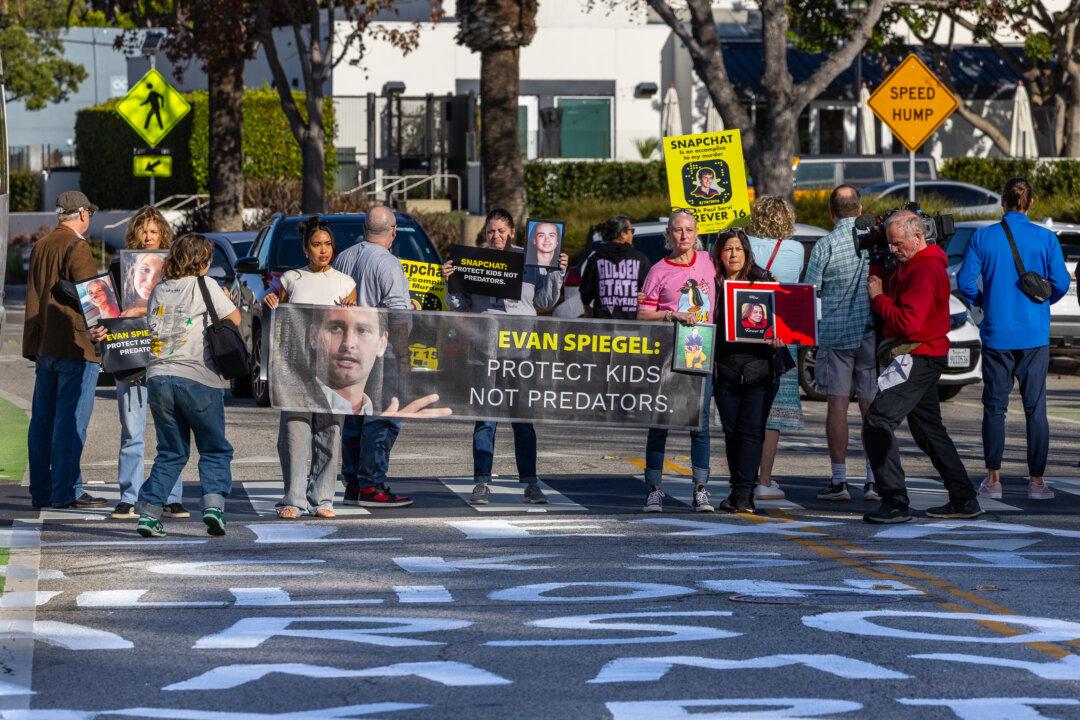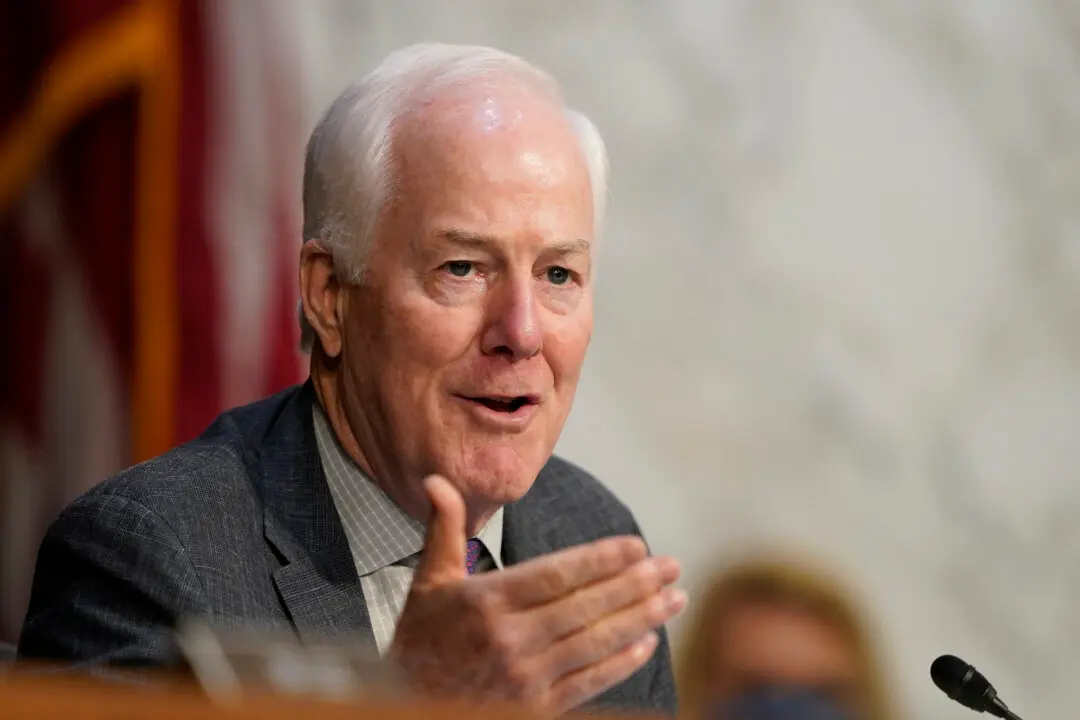After Charlie Kirk’s Sept. 10 assassination reverberated worldwide, The Epoch Times senior reporter Joshua Philipp resolved to figure out: Why did many portrayals of Kirk and his viewpoints seem to contrast with what he knew to be true?
The 30-minute film “explores what happens when the truth itself becomes a target,” Philipp wrote. And, as Philipp states in the documentary, it unveils how “Charlie was targeted by an ideologically opposed system that operates almost with an intent to make people afraid to stand up and speak out.”
Those people include Philipp, 41, who felt a connection to Kirk despite being 10 years his senior.
After Kirk was slain, “I kind of realized that I had that fear in me... I don’t really like talking to people who hate me. And I feel like I got a part... of my resolve back,” Philipp said in an interview with The Epoch Times. His attitude shifted to: “Charlie was willing to do this. I should be willing to do it, too.”
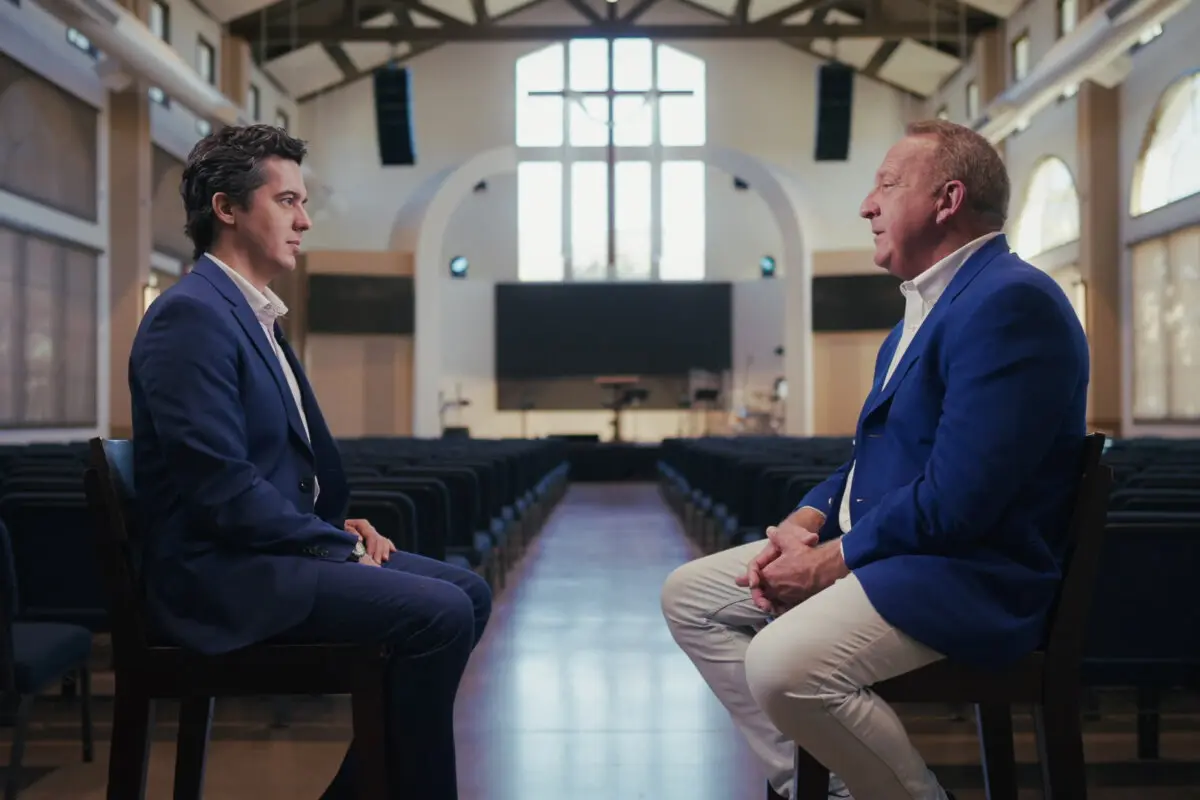
Philipp, who had about a dozen interactions with Kirk during the past several years, said it bothered him that Kirk’s legacy was “being dragged through the mud,” as people succumbed to a false narrative that distorted and belittled the principles Kirk stood for. Kirk had emphasized the importance of civil discourse and Christian faith as a guiding light for people’s actions.
“I think this is actually going to be very important documentary to kind of remember what Charlie Kirk really represented...which was the ability for people to come together and have conversations despite their differences,” Philipp said.
The documentary incorporates Philipp’s interviews with some of Kirk’s closest friends and advisers, college students whom Kirk inspired, and experts on disinformation from as far away as London.
The disinformation machine incorporates the media as well as organizations that have received government funding.
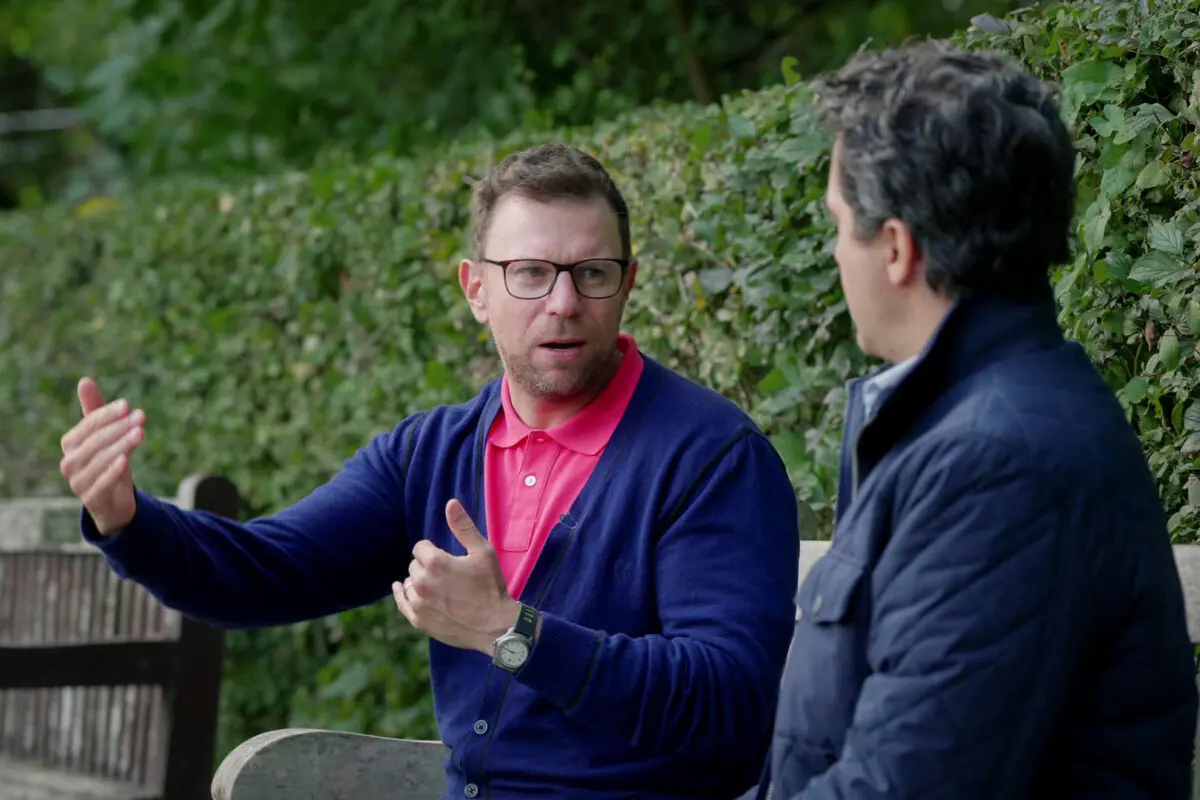
Dangerous ‘Grain of Truth’
Both Kirk and Turning Point USA (TPUSA), a large conservative-youth movement which Kirk co-founded, have been subjected to smears, the documentary shows.False narratives about people such as Kirk become believable if the allegations stem from “a grain of truth,” said Ronald Rychlak, a University of Mississippi law professor who co-authored a book about how disinformation undermines freedom, attacks religion, and promotes terrorism.
“You take those snippets of things, and we can say, ‘See, he’s a racist. See, he’s a neo-Nazi ... and use those in a political manner,” he said. “Pretty soon, that narrative gets out there; you are creating a monster, and you’re hoping the monster will carry out your objectives.”
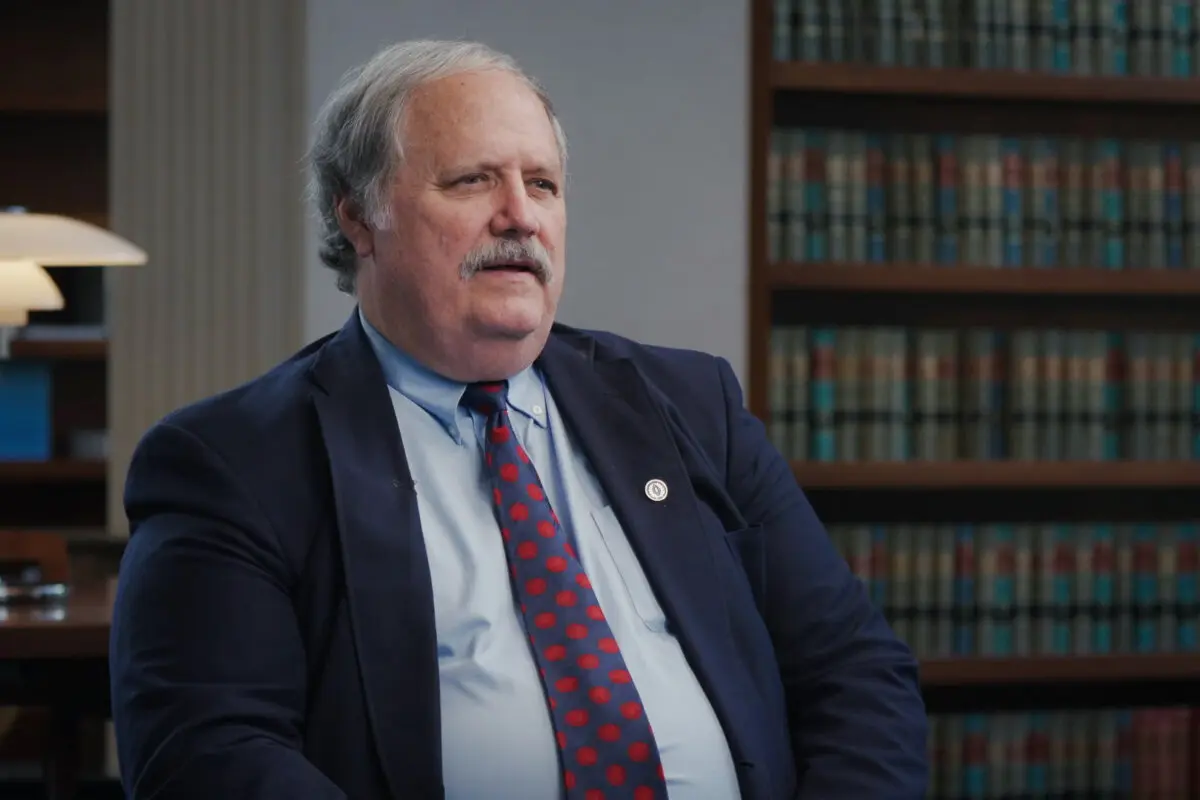
Derogatory labels and false narratives create a “virtual reality,” and today’s rapid-fire electronic communication immerses people in it, said Ashley Rindsberg, a journalist in the United Kingdom who critiques media and examines information warfare.
Those who control the narrative present it as “political reality,” he said.
Rindsberg believes a series of “small choices” are producing big effects. Fundamental rights are eroding, he said, “and in many cases, we’re funding it ... through government grants.”
Sources such as Wikipedia framed Kirk “as an anti-Semite, as a purveyor of misinformation, as being someone on what they call ‘the hard-right,’” Rindsberg said, yet many of those claims “were not supported at all on Wikipedia and in the media itself.”
Often, Kirk challenged people who labeled him as “racist” or “white supremacist” to point to any evidence that backed up those labels; they repeatedly were bereft of examples.
Critics often “just make the accusation and just sort of let it stick,” Rindsberg said, leaving people with the impression that the targeted person is “a radical who was out there doing harm to people.”
“You’re making him seem like someone who is worthy of being shot,” Rindsberg said.

Influencer Benny Johnson, who also was involved with TPUSA, said false narratives are “dehumanizing” and put a stamp of approval on exterminating the alleged extremist.
Correcting Falsehoods
TPUSA spokesman Andrew Kolvet, a close friend of Kirk, told Philipp this about Kirk: “He was none of the things that they called him ... he was so good-natured, and kind and generous... he was the best of us.”Yet Kirk was called “racist” for sharing accurate crime statistics, for example, Kolvet said. To that, Kirk would reply, “I don’t know why we can’t say the truth. Why can’t we at least be honest about the truth?”
Despite the barrage of negativity aimed at him, Kirk resolved, “I’m going to advance positive ideas in a positive message about the truth,” Kolvet said.
Another TPUSA leader, Pastor Rob McCoy, who served as Kirk’s minister, commended Kirk for “discipling a whole generation of 18-to-30-year-olds.” He called Kirk “unstoppable,” and “the most honest man I’ve ever met in my entire life, the most noble man I’ve ever met.”
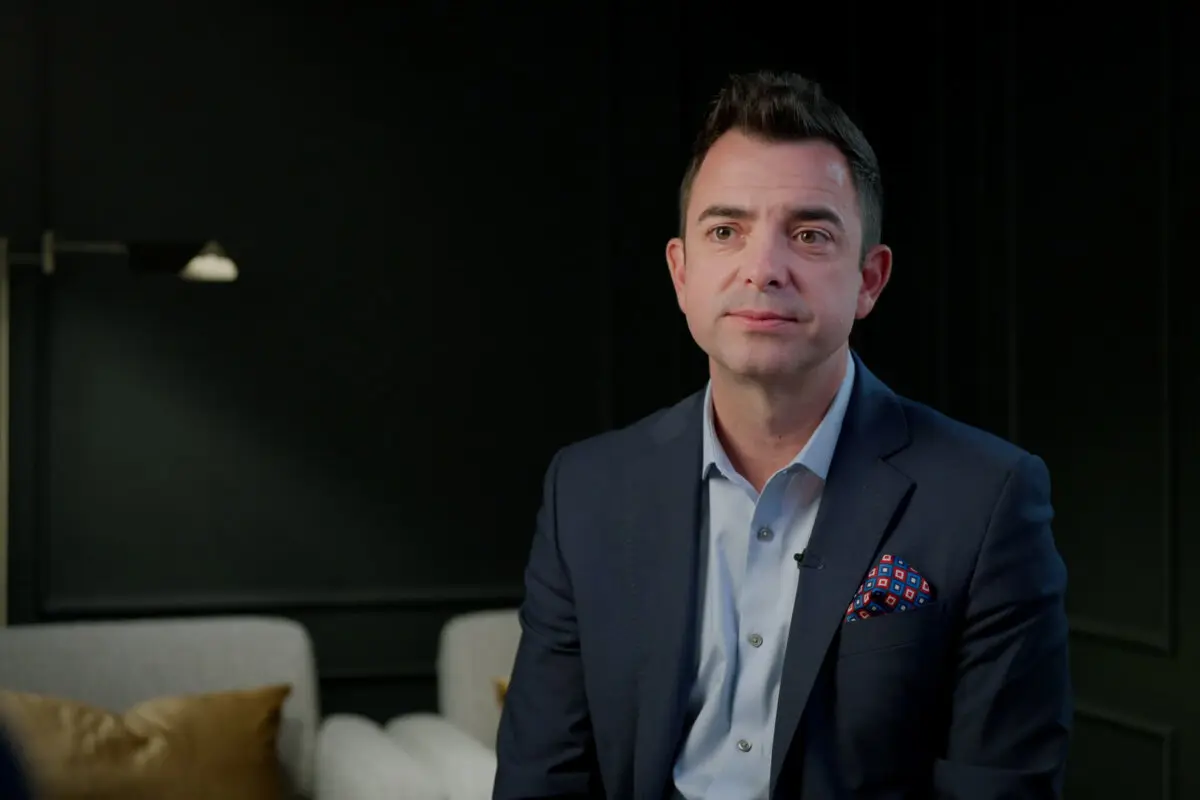
Christian faith formed the bedrock of everything Kirk did, McCoy said, including spearheading TPUSA when he was just 18; by the time he was killed at 31, the movement had spread worldwide with several hundred thousand members.
“He was the most misunderstood missionary in America because he saw politics as an on-ramp to Jesus,” McCoy said, adding that he advised Kirk that blending politics and religion was acceptable—not taboo.
McCoy also reveals that Kirk, despite his large public presence, was an introvert. “So, him being in front of people, he was dying a thousand deaths. It would drain him... he just shut down at the end of the day.”
Although Kirk received repeated serious death threats, fear “never enveloped him,” McCoy said. He would ask for prayers during “heavy spiritual moments.”
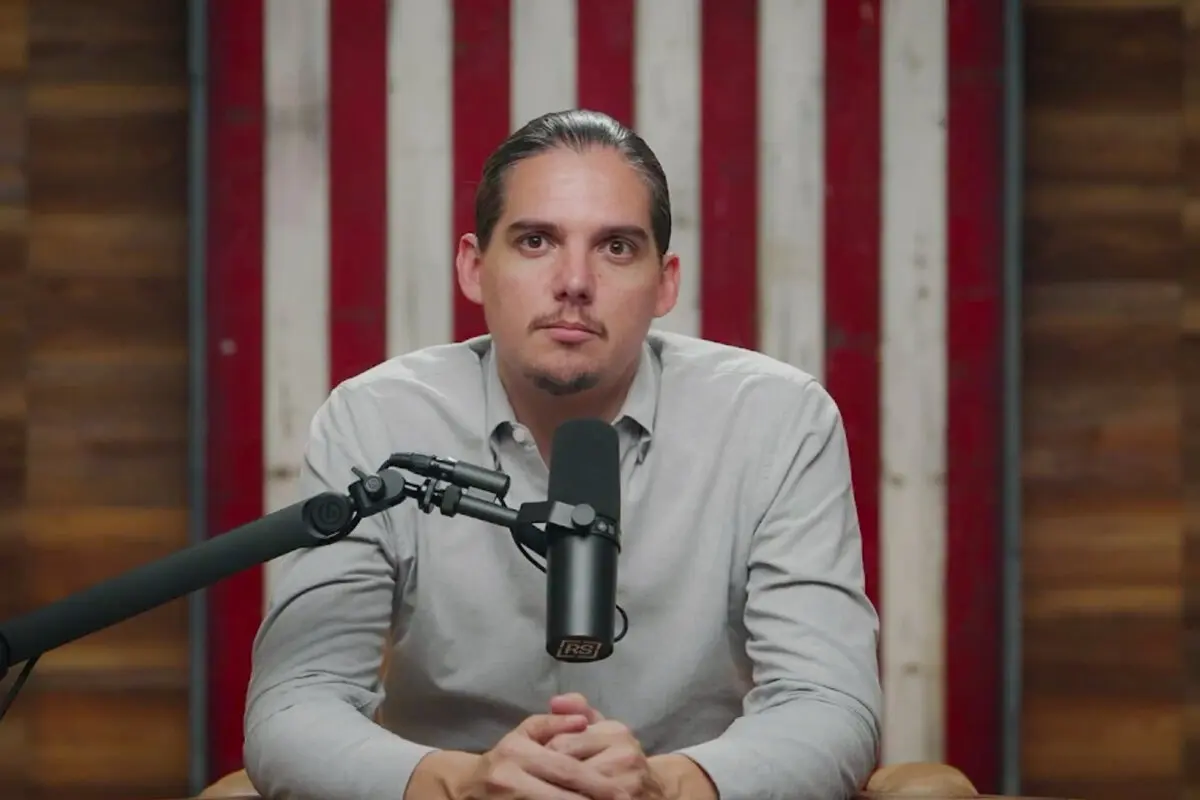
Johnson and Starbuck said that they, like Kirk, refuse to back down.
Despite Kirk’s slaying and the looming probability of another political assassination in the future, Starbuck said he and other conservatives “know we have to go out there and do our best to make the world a better place.”
“Because if we don’t, you are essentially just saying,‘I’m gonna walk away and give the world over to evil.’ And I just can’t do that,” Starbuck said.




